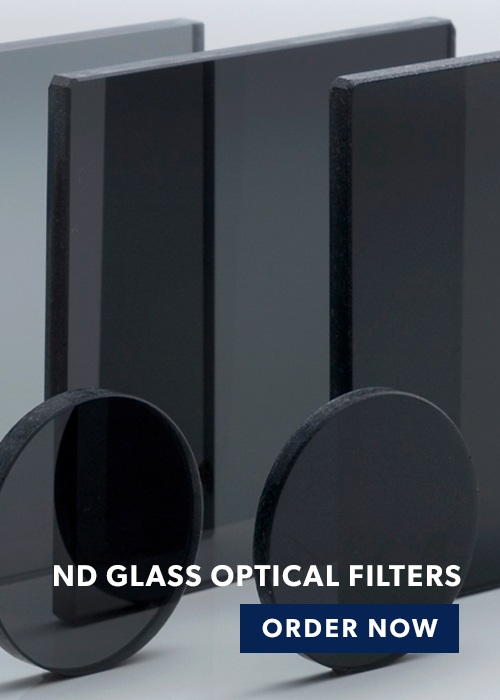- LASER
- Laser safety windows
- ALL LASER SAFETY WINDOws
- LASER window film
- ACRYLIC LASER window
- GLASS Laser window
- Laser Safety Equipment
- LASER BARRIERS
- LASER SAFETY FACE SHIELDS
- LASER PATIENT PROTECTION
- laser welding safety
- Laser Safety Signage
- LASER warning signs
- RADIATION
- radiation shield & materials
- lead line glass
- leaded acrylic
- lead sheets
- lead window frames
- Diagnostic Imaging
- lead markers
- all CASSETTE HOLDERS
- Lead Blockers
- WELDING
- WELDING glasses
- all welding glasses
- athermal welding glasses
- cobalt blue welding glasses
- CLIP ON FLIP UP WELDING glasses
- all CLIP ON FLIP UP welding glasses
- Green CLIP ON FLIP UP WELDING GLASSES
- cobalt blue CLIP ON FLIP UP WELDING GLASSES
- WELDING SAFETY EQUIPMENT
- WELDING WINDOW
- WELDING SCREEN
- LASER WELDING SAFETY
- GLASSWORKING
- GLASS BLOWING GLASSES
- all glass blowing glasses
- LIGHT GREEN GLASSES
- SPLIT LENS LAMPWORKING GLASSES
- all SPLIT LENS LAMPWORKING GLASSES
- Glassworking Safety Equipment
- WINDOWS AND BARRIERS
- Replacement lenses
- all replacement lenses
- glassworking tools
- mashers
- multi-stoppers
- Lampworking Tools
- MEDICAL
- MRI glasses
- all mri glasses
- patient cARe products
- all patient care products
- ocular shields
- LID PLATES
- sand socks
- TOBOGGAN ARM BOARDS
- all TOBOGGAN ARM BOARDS
- PATIENT TRANSFER BOARDS
- all PATIENT TRANSFER BOARDS
- Warning Signs
- all Warning Signs
- Radiation Warning Signs
- Laser Warning Signs
- PAPOOSE BOARDS
- all PAPOOSE BOARDS
- CASSETTE HOLDERS
- all CASSETTE HOLDERS
- SAFETY STRAPS
- All SAFETY STRAPS
- Face Masks
- All Face Masks
- OPTICAL FILTERS
- INDUSTRIAL GLASS
- ceramic CUSTOM GLASS
- All ceramic CUSTOM GLASS
- laminated GLASS
- All laminated GLASS
- borosilicate GLASS
- All borosilicate GLASS
- quartz silica GLASS
- All quartz silica GLASS
- fabricated CUSTOM GLASS
- All fabricated CUSTOM GLASS
- patterned GLASS fabrication
- All patterned GLASS fabrication
- SAFETY GLASSES
- PHILLIPS SAFETY GLASSES
- all PHILLIPS SAFETY GLASSES
- BIFOCAL SAFETY GLASSES
- all BIFOCAL SAFETY GLASSES
- TRANSITION SAFETY GLASSES
- all TRANSITION SAFETY GLASSES
- SAFETY READING GLASSES
- All SAFETY READING GLASSES
- GLASS SAFETY GLASSES
- All GLASS SAFETY GLASSES
- SOLAR ECLIPSE GLASSES
- All SOLAR ECLIPSE GLASSES
- UVC CLEANING LIGHT glasses
- All UVC CLEANING LIGHT glasses
- ACCESSORIES
- Anti-Fog Products
- All Anti-fog Products
- eyeglasses cases
- All eyeglasses cases
- CLEANING PRODUCTS
- All CLEANING PRODUCTS
- Retainer Cords
- All Retainer Cords
- INFORMATION
- how to
- all guides & tutorials
- laser guides & tutorials
- radiation guides & tutorials
- welding guides & tutorials
- glassworking guides & tutorials
- medical guides & tutorials
- optical filters guides & tutorials
- industrial glass guides & tutorials
- safety glasses guides & tutorials
- accessories guides & tutorials
- Videos
- All Phillips Safety Videos

